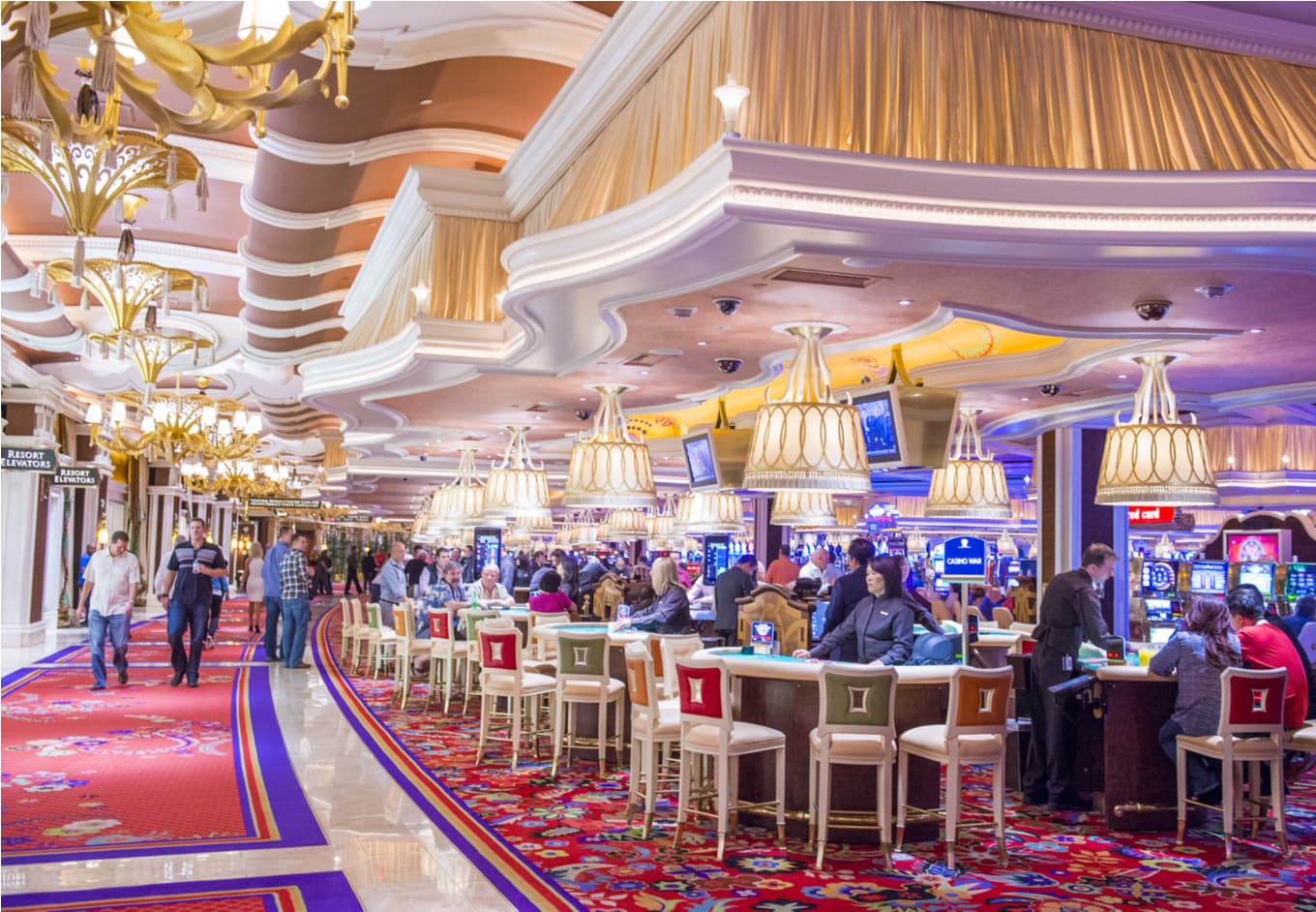
In the world of gambling, where chance and strategy converge, a unique tapestry of beliefs manifests—one that intertwines luck, fate, and the enigmatic nature of casino games. Casinos, bustling with excitement and anticipation, are not just spaces for placing bets; they are also arenas in which superstitions thrive. Ranging from the novice player to the seasoned gambler, these mysterious practices often shape how individuals approach the games they play, holding the belief that their actions can affect the outcome in ways that go beyond mere probability. non-GamStop online casinos UK
When players gather around roulette wheels, blackjack tables, and slot machines, the atmosphere is thick with stories of lucky charms, rituals, and codified behavior that defy logic yet provide a sense of comfort. It could be the case that it’s wearing a specific outfit, following a particular sequence of bets, or even avoiding certain numbers, the attachment to various superstitions reflects a deep-rooted desire to control the uncontrollable. This article delves into the captivating world of casino game superstitions, exploring the beliefs that both entertain and mystify those who dare to play.
Cultural Roots of Superstitions
Casino activities have long been interwoven with an variety of superstitions that go back to ancient civilizations. The origins of these beliefs can be linked to humanity’s fundamental desire to control the random outcomes connected with luck and chance. In primitive civilizations, games of uncertainty were often tied to religious practices. Players would invoke favor or seek favor from spirits, believing that their actions could influence the results in their benefit. This foundation laid the groundwork for the myriad of superstitions that developed as gambling evolved over centuries.
During the medieval period, betting became a popular pastime across the continent, and with it, a diverse tapestry of superstitions appeared. Players adopted various rituals and charms, believing they could affect the outcome of games. The significance of digits, in particular, began to manifest in superstitions around card games and dice. The number 7 was often considered lucky, while other numbers carried unfortunate connotations. These beliefs mirrored the social contexts of the time, adapting as they moved through generations and adapted to emerging gaming environments.
As casinos emerged in the seventeenth century, particularly in Italy and the French nation, the atmosphere surrounding gambling became saturated in mystery. The growing availability of gambling games allowed for the spread and diversification of superstitions among players. Concepts like charmed charms, designated seating arrangements, and rituals gained prevalence, creating a unique culture within gambling establishments. As these customs continued to thrive, they became fundamental to the identity of gambling games, illustrating how the past and culture shape the notions that influence how players engage with fortune.
Common Casino Myths
Superstitions surrounding casino games are plentiful and diverse, reflecting the hopes and anxieties of gamblers as they participate in chance-based games. One of the most prevalent beliefs is that certain numbers bring luck or bad luck. For example, the number seven is often seen as a favorable number, frequently embraced by players looking for a positive outcome. Conversely, the number 13 is routinely considered unlucky, leading many gamblers to avoid it during their gambling sessions.
Another common belief relates to rituals that gamblers believe can influence their chances. It could be blowing on dice before a roll, using a specific hand to place a bet, or even wearing particular items of clothing, many people feel that these actions can tilt fate in their favor. These practices offer a feeling of power in an otherwise unpredictable environment, reinforcing the idea that luck can be created through individual beliefs and habits.
Finally, the ambiance and atmosphere of the gambling house itself contributes to superstition. Many gamblers suggest that the presence of specific icons, such as four-leaved clovers or fortunate tokens, can enhance their chances of success. Additionally, players might adhere to the notion that victory streaks can be interrupted by mundane events, such as someone passing by or a spill at the gaming surface. The collective atmosphere in a casino can amplify these beliefs, creating a communal culture of superstitions that goes beyond single experiences.
Impact of Superstitions on Players
Superstitions play a crucial role in the psychology of gamblers, often influencing their behavior and decision-making. Many gamblers believe that luck can be influenced through various rituals, such as donning a talisman, choosing particular hues, or avoiding certain numbers. This dependence on superstitions can create a sense of authority in an environment that is inherently unpredictable. Players often feel more self-assured and engaged when they feel that their actions could sway the outcome of a game in their favor.
The impact of these superstitions extends beyond individual players, affecting the general atmosphere within the casino. For instance, a player who holds the belief in the luck of a particular slot machine might draw a gathering, as others are fascinated by their apparent success. This collective belief can heighten excitement and create a lively environment, leading to an engaging experience even for those who may not necessarily be believers themselves. The excitement around specific games can lead to increased participation and longer playing sessions, supporting the casino’s lively social scene.
In some instances, superstitions can lead to negative effects for players. Relying too much on rituals can result in poor gambling decisions, as some may overlook basic strategies in favor of unfounded beliefs. Additionally, the pressure to perform rituals may increase anxiety and tension, diminishing from the pleasure of the experience. Ultimately, while superstitions can enhance the excitement of playing casino games, they can also lead to unwise choices that overshadow the fun and amusement intended in the casino experience.